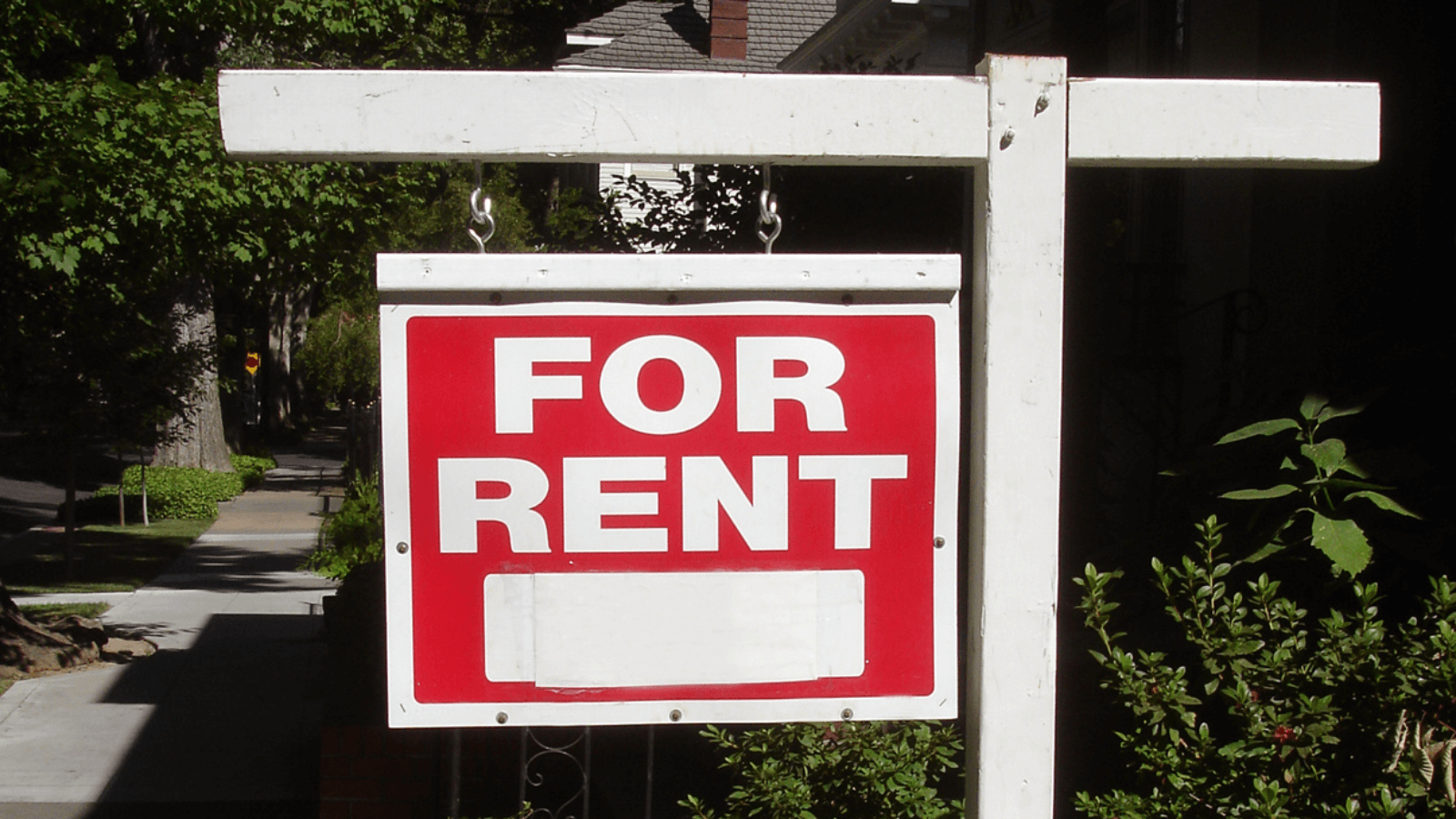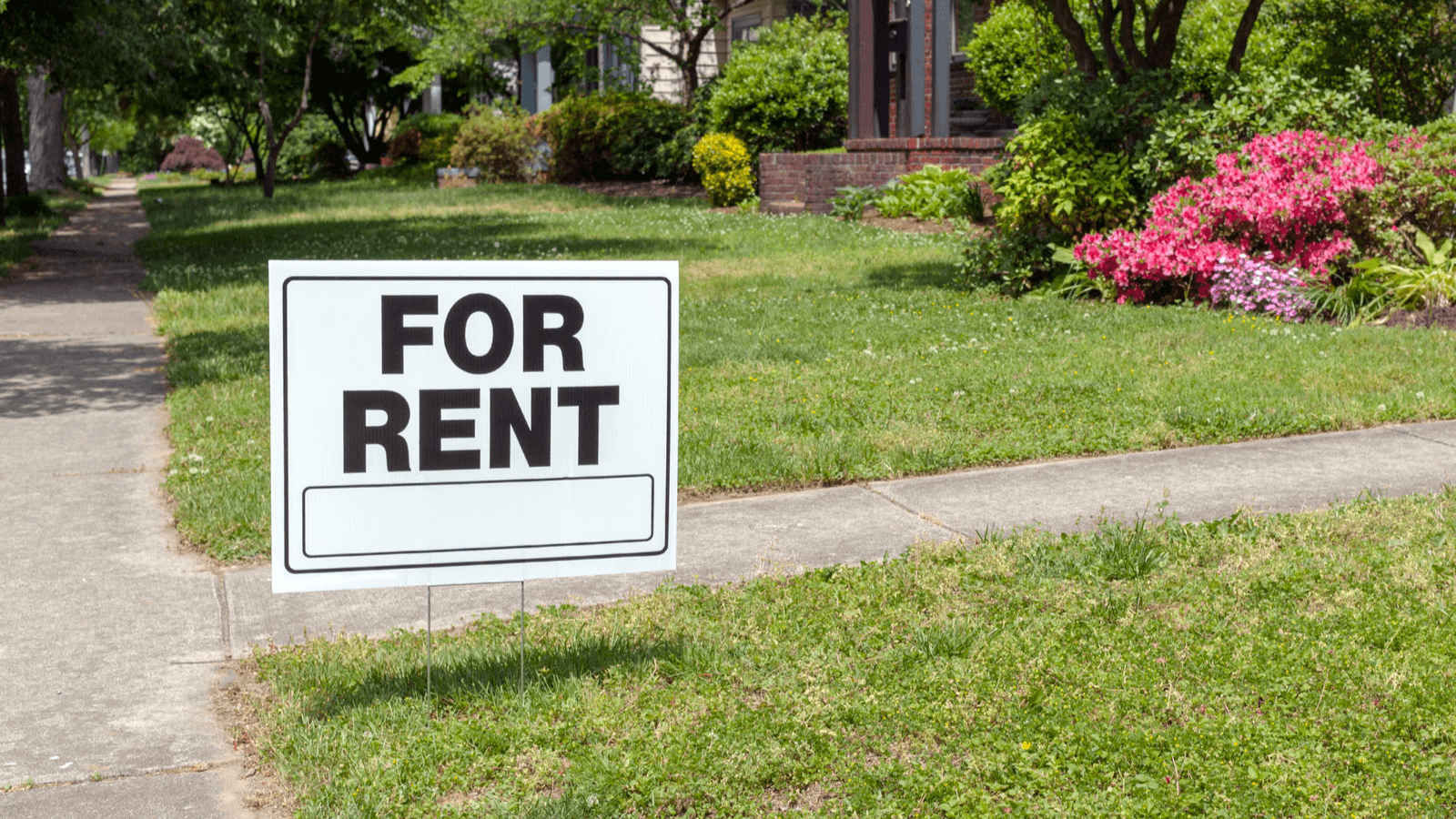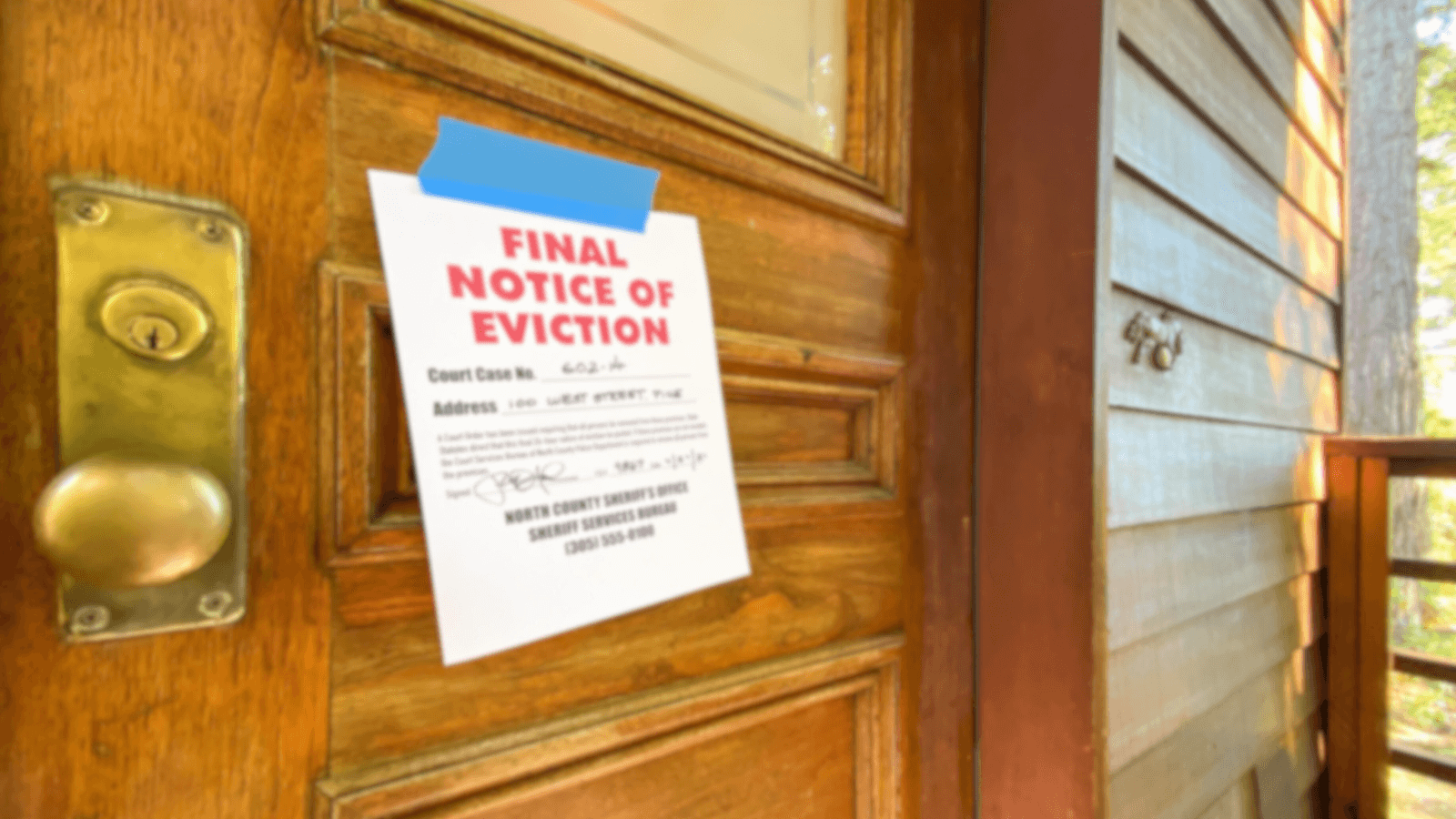-
What Realtors Should Let Clients Know About HOA Laws in North Carolina

In the world of real estate, navigating the realm of homeowners associations (HOAs) is crucial for both realtors and their clients. HOAs can affect a homeowner’s property within a subdivision or neighborhood and may alter a buyer’s opinion of a home for sale. As a realtor in North Carolina, you need to guide your clients…
-
Legal Obligations for Landlords

As a landlord in North Carolina, it’s important to understand your legal obligations to ensure a smooth and successful rental experience for both you and your tenants. Let’s delve into six key legal obligations that landlords in North Carolina must fulfill to follow state laws and regulations. Compliance with State Landlord-Tenant Laws North Carolina has…
-
Legal Lingo: An Overview of Common Rental Terms

Are you planning to rent or lease a property? Perhaps you’re a first-time landlord looking to draft a rental agreement. Understanding the key terms related to real estate rentals is crucial to ensure a smooth and legally sound process. In this latest installment of our Legal Lingo blog series, we’ll explore and define some essential…
-
North Carolina Landlord Disclosure Requirements

North Carolina state law requires landlords to disclose certain information to their tenants about the property or the policies in their lease. These disclosures should be done through written communication, typically in the lease or rental agreement, and ensure a safe and secure rental experience for both landlords and tenants. As a landlord, it’s important…
-
FAQ: Why would a landlord evict a tenant in North Carolina?

The state of North Carolina does not allow a landlord to evict a tenant without good cause. However, a question that clients often have is what can be considered “good cause” for eviction. While this blog should not be taken as legal advice by either tenants or landlords, let us give you a general overview…
